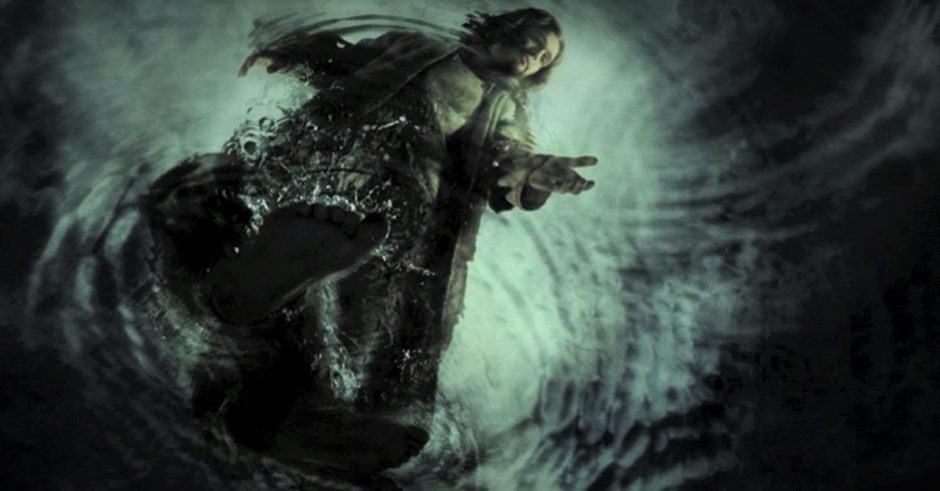NLX 101 explores the humanity of Jesus Christ while on earth in the flesh, offering revelation into model Jesus used to depend on his Father, God. According to Scripture, Jesus, fully God, humbly emptied Himself of who He was as God to become fully human. He started from nothing as an embryo in the woman God chose to raise the Son of God. He understood that in his human body, mind, emotion, and even spirit, he was flawed, fully relying on the empowerment of God’s Holy Spirit in him to succeed in what he was called to do.
Jesus said, “You are truly my disciples if you keep obeying my teachings. And you will know the truth and the truth will set you free.” (John 8:31-32) What is true about Jesus is that he obeyed his own words in the way he lived his life as a man on planet earth. Jesus is our role model for recovery.
The key to the life of Jesus Christ as a man was that he recognized his own weaknesses in his human flesh and worked the ABCs of recovery (A=admit powerlessness without authority; B=believe God has full authority; C=commit life to God’s authority) necessary to remain sober from a lifestyle of addictive sin. While reading this chapter, be thinking to yourself, “If Jesus, the Son of God, the Savior of mankind, worked his recovery this way, why would I do it any differently than he did?”
Keep in mind the following Scriptures: Then Jesus answered and said, “Most assuredly, I say to you, the Son can of Himself do nothing, but what He sees the Father do; for whatever He does, the Son also does in like manner.” John 5:19 (NKJV)
“I can do nothing on my own. I judge as God tells me. Therefore, my judgment is just, because I carry out the will of the one who sent me, not my own will.” John 5:30 (NLT)
Jesus did not act on his willful intentions in any way. He did not entertain his selfish desires in his mind or they would have conceived in him sin (James 1:14-15). Jesus absolutely understood that his will was by nature flawed, and in his humanity weak, and he was powerless against it. It was, therefore, imperative that he direct his intentions unto submission to the will of God.
A. Jesus admitted that his will was inferior in the flesh rendering him powerless.
B. Jesus believed that the will and authority of God the Father was superior to his own.
C. Jesus committed to turn his human will over to God in submission to his perfect will.
This lesson challenges participants through thought-provoking questions to consider all that Jesus endured to lead a completely sinless life as a human being all the way to the events of his crucifixion. What did Jesus in fact do conducive to human recovery? How did he do it? What are you doing in your recovery? How are you doing it? Are you doing what Jesus did, or are you doing it differently than He did?
